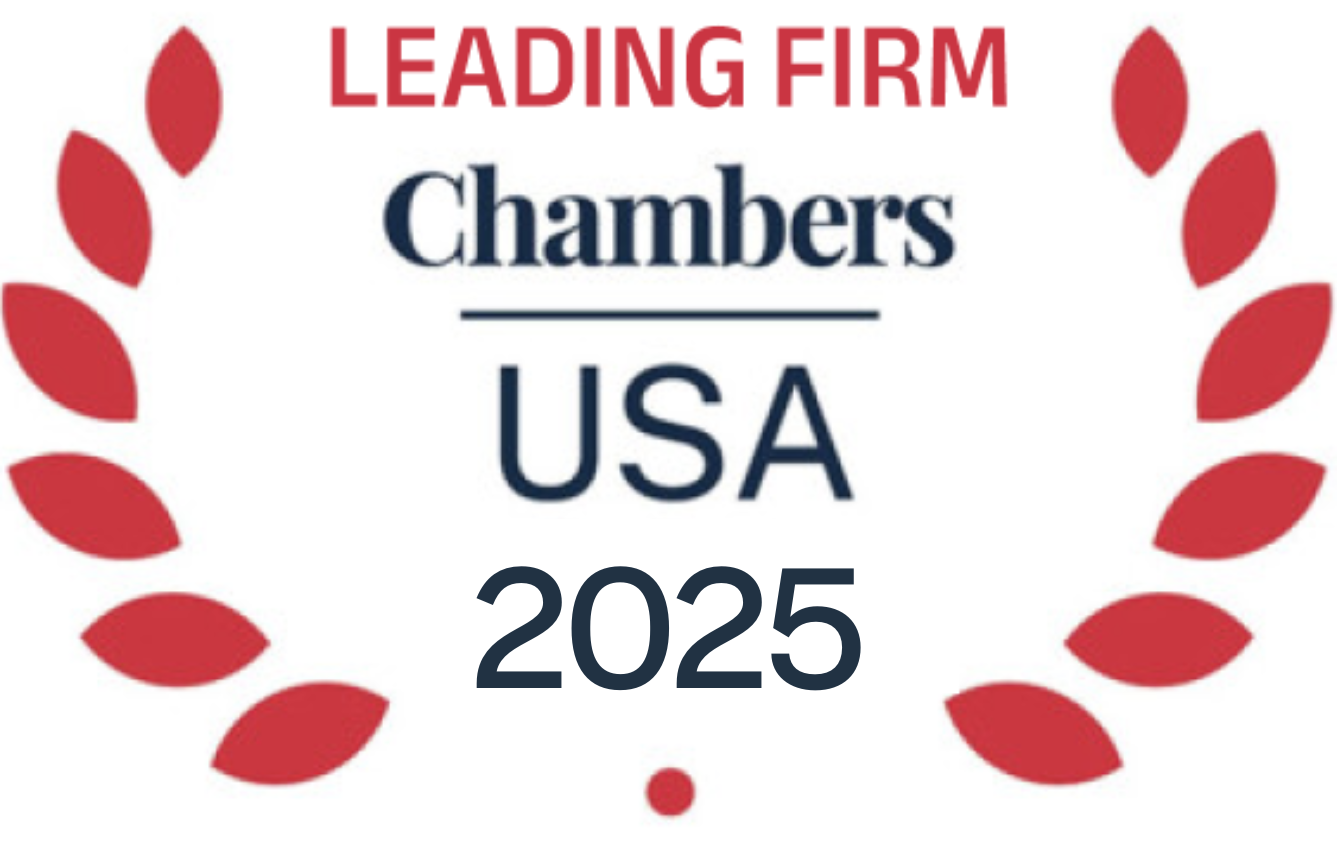
False Advertising Laws
In the United States, there are state and federal false advertising laws that prohibit various types of deceptive advertising, misleading labeling, and similar practices. False advertising laws provide important rights for consumers, arming them with the ability to seek monetary damages when they’ve been misled.
Can you sue a company for false advertising?
Yes, you can sue for false advertising. Many states have a specific false advertising law that gives consumers the right to sue businesses for misleading them into purchasing or paying more for the company’s goods or services. Even if your state doesn’t have a false advertising law, you can still sue for common-law fraud.
What is the law’s definition of false advertising?
Generally, false advertising laws say that consumers have proved their case if they show: (a) that the advertising was false or misleading; (b) that the falsity was “material,” often meaning the company lied about something important; (c) the consumer saw the false advertisement; and (d) the consumer relied on the false advertising in purchasing the product or service. Consumers may show reliance be proving they wouldn’t have bought the product or service if not for the false advertising. They may also show they relied on a false advertisement if a false statement caused them to pay more for the company’s product or service than they otherwise would have.
A false advertisement may directly say something that is not true, or is misleading. By an advertisement may also be “false” based on what it doesn’t say. If important information is omitted from an advertisement and the consumer wouldn’t have bought the product or service had they known the truth, the consumer may be able to sue the company for this failure to disclose.
What false advertising penalties exist?
There are several types of penalties that a company might face for false advertising. If the false advertising constitutes fraud, the company could face criminal penalties. And if the advertisement was distributed by mail or the internet, the company could face severe criminal penalties for mail or wire fraud.

False advertising can be seen anywhere: in the mail, on the internet, or even on the subway
Companies may also face civil penalties for false advertising. Usually, false advertising laws only let a government agency sue for civil penalties. For example, in California, the state attorney general can bring a lawsuit to recover civil penalties up to $2,500 for each false advertisement sent to a consumer. The Federal Trade Commission (FTC), a federal agency charged with protecting consumers, can collect civil penalties up to $40,000. But some states let consumers collect statutory penalties. New York, for example, has a false advertising law called the General Business Law (GBL), which allows consumers to collect statutory penalties up to $50 per false ad. In a false advertising class action, those penalties can add up quickly.
Consumers may be able to sue for damages to recover money they paid for a product of service that was falsely advertised.
A court can issue a cease and desist order, requiring a company to stop distributing a false or deceptive advertisement. The court could also require correct disclosures be made to consumers to inform them of the truth about the product or service.
What are the types of false advertising?
There are many different examples of false advertising that crop up. It’s impossible to list all the different types because, as the California Supreme Court has stated, “fraudulent business practices may run the gamut of human ingenuity and chicanery.”
That said, there are a few common types of false advertising. One type is called a “bait and switch.” A bait and switch often involves a business that advertises something to get consumers in the door – such as a sale or low price – but the bargain or other advertised conditions don’t actually exist.
Another example of false advertising is hidden fees. Often, a company will advertise a certain price for its services (e.g. “only $10.99 a month”). But no consumer actually gets that price because there are hidden fees that the company makes everyone pay (such as equipment or maintenance fees).
A third type of false advertising is misleading labels. In a recent poll by OnePoll, 53% of Americans said that they often found food labels to be misleading, and 11% of Americans said food labels were completely untrustworthy. Foods labeled as “non-fat,” for example, often never had fat in them to begin with. “All natural” ingredients can often be certain types of synthetic chemicals. And something labeled as “organic” or “green” may not actually be pesticide-free or good for the environment.
Another example of false advertising can be using fillers or oversized packaging to fool consumers into thinking they are receiving a larger quantity of the item than they actually are receiving. In recent years, there have been a number of lawsuits against chip and candy manufacturers for having large amounts of empty space inside their boxes or packaging.

The unit of measurement for television graphics may also be misleading, as the unit of measurement for “4K” televisions is different than for “1080p” televisions. For 1080p televisions, the number of pixels is measured vertically, whereas for 4K televisions, the pixels are measured horizontally. A 1080p television is 1,920 horizontal pixels by 1,080 vertical pixels. A 4K television is often only 3,840 horizontal pixels by 2,160 vertical pixels, according to CNET, so in reality a 4K television only has about double, not 4 times, the number of horizontal pixels as a 1080p TV.

Federal False Advertising Law
State Unfair Competition & False Advertising Laws
Virtually every state has laws against false advertising, which provide remedies to consumers and competitors who have been victimized. Here are some notable state false advertising laws:
How to Report a Violation of False Advertising Laws
You can report an instance of false advertising to one of our false advertising attorneys.
You can also report false advertising to the Federal Trade Commission. You may not receive any monetary compensation from an FTC enforcement action, if the FTC even follows up on your complaint.
Learn More about False Advertising Laws
About Us
Speak to a false advertising attorney
Free consultation.




